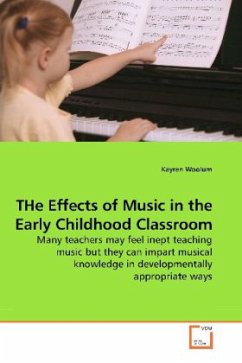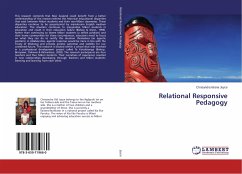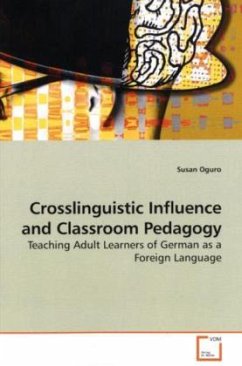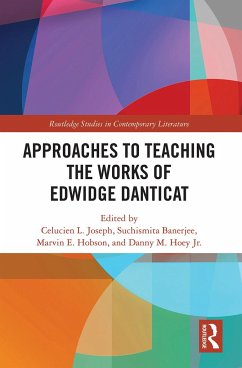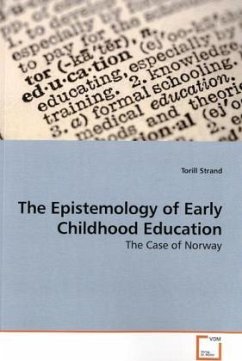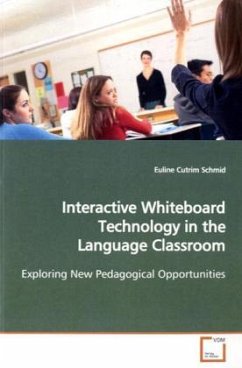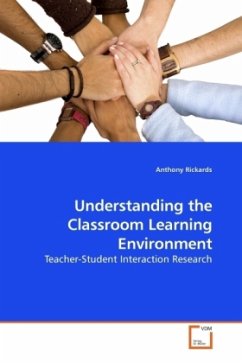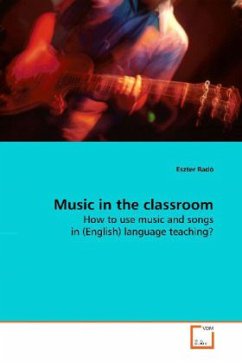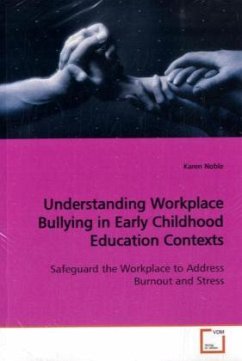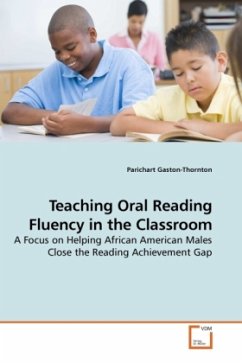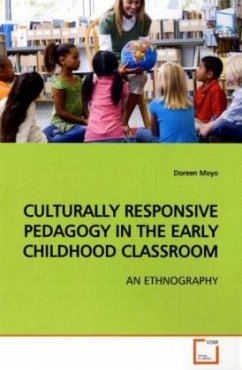
CULTURALY RESPONSIVE PEDAGOGY IN THE EARLY CHILDHOOD CLASSROOM
AN ETHNOGRAPHY
Versandkostenfrei!
Versandfertig in 6-10 Tagen
52,99 €
inkl. MwSt.

PAYBACK Punkte
26 °P sammeln!
This ethnographic study explored how the promotion ofculturally responsive pedagogy may lead to narrowingstudents achievement gaps. Whereas existing researchstudies focus on multicultural education, theresearch problem in this study addressed an existinggap in literature in early childhood education. Keyquestions focused on how teachers defined culturallyresponsive pedagogy, its promotion, collegepreparation. Critical and resilience theories, andegalitarianism formed the conceptual framework forthe study. Data collection methods includedobservations, literature searches and interviews.Analysis...
This ethnographic study explored how the promotion of
culturally responsive pedagogy may lead to narrowing
students achievement gaps. Whereas existing research
studies focus on multicultural education, the
research problem in this study addressed an existing
gap in literature in early childhood education. Key
questions focused on how teachers defined culturally
responsive pedagogy, its promotion, college
preparation. Critical and resilience theories, and
egalitarianism formed the conceptual framework for
the study. Data collection methods included
observations, literature searches and interviews.
Analysis followed the storying and polyvocal models.
Findings indicated teachers awareness of the need
for culturally responsive pedagogy, however their
implementation of that pedagogy was minimal. The
study also revealed constraints to this pedagogical
practice, such as poverty, standardized tests,
prescriptive curricula, inadequate knowledge and
teacher training, educational resources, role models
and family support. Recommendations include use of
less prescriptive pedagogy, family and community
involvement, training and professional development.
culturally responsive pedagogy may lead to narrowing
students achievement gaps. Whereas existing research
studies focus on multicultural education, the
research problem in this study addressed an existing
gap in literature in early childhood education. Key
questions focused on how teachers defined culturally
responsive pedagogy, its promotion, college
preparation. Critical and resilience theories, and
egalitarianism formed the conceptual framework for
the study. Data collection methods included
observations, literature searches and interviews.
Analysis followed the storying and polyvocal models.
Findings indicated teachers awareness of the need
for culturally responsive pedagogy, however their
implementation of that pedagogy was minimal. The
study also revealed constraints to this pedagogical
practice, such as poverty, standardized tests,
prescriptive curricula, inadequate knowledge and
teacher training, educational resources, role models
and family support. Recommendations include use of
less prescriptive pedagogy, family and community
involvement, training and professional development.



